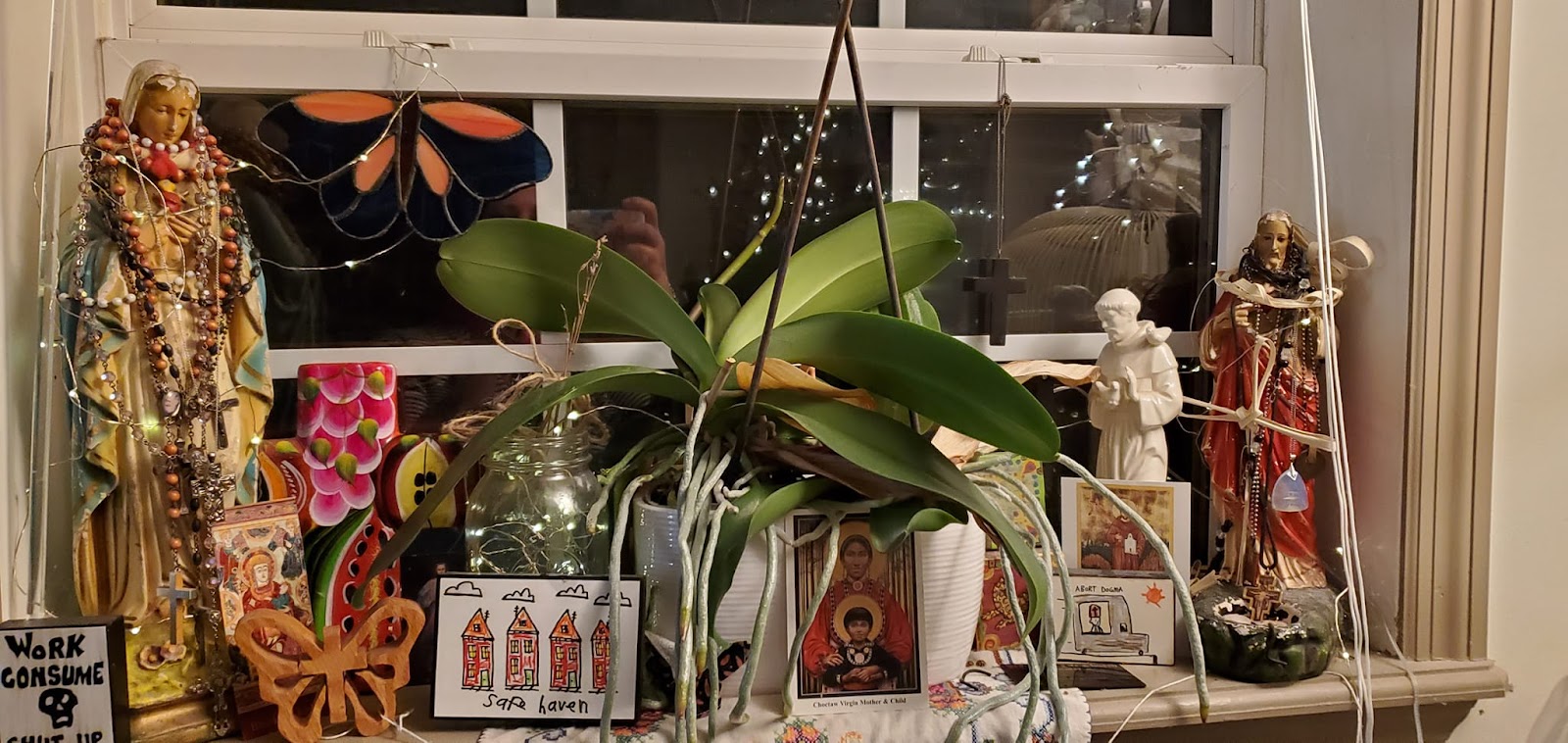Short Essay - Buddhism as an "inescapable constituent of what can be imagined as modernity" - Intro to Buddhist Studdies
Buddhism is an “inescapable constituent of what can be imagined as modernity”
This is more true than I even thought possible… After reading the “Mindful America” book I really started to see how Buddhism has impacted our society and my own personal life. So much of the current developing cultural milieu is centered around “mindfulness”. Mindfulness is the “modern” and “westernized” version of Buddhism that has been “demystified” and inserted into secular life in all kinds of places. I saw this first hand actually when I worked as a substitute teacher for the Sunnyvale School district. We utilized all kinds of mindfulness techniques with the children - things to help them get grounded, get centered, cope with stress, deal with emotions - and honestly - it was really quite effective. Mindfulness forms the fundamental foundations of Social Emotional Learning methods which really has had a positive impact in the schools in Sunnyvale. One of the really interesting things about all this, that I had not really thought about before is that these principles of mindfulness really have to be divorced from Buddhism in earnest - because Buddhism is a religion -contrary to what some people like to try to say - it does have some kind of rationalism at its core, but it's still a religion. These children will be carrying the principles of Buddhism into the future in ways totally unexpected or unforeseen by the Buddha!
When this class started I assumed that I was a total “Buddhism virgin” really having not studied or read any books about the topic, had not read any foundational texts, however I was raised by Mindfulness enthusiasts, who did Transcendental Meditation and who also made sure that I was trained to do it. I was surrounded by hippies and artists my whole life, and so while I was not getting an education in Buddhism proper, I was being taught a lot of the principles of mindfulness.
Cosmology
I think that it’s very interesting and honest to say that we don’t really know how the universe came to be…whether it is the big bang (where did the stuff of the bang come from? What was before that?) And that we don’t fully understand the nature of said universe (or multiverse - we just don’t know!), or who or what God might be. I know that people create stories and mythology as a way to explain the unexplainable, and to help soothe the existential dread that comes with being curious big brained, self aware monkeys, but there is something much more satisfying about saying “I don’t know”. I feel like this is one area where Christianity and other religions with a creation story, and concepts of who and what God is could learn from Buddhism - there have been monastics and contemplatives in the Christian tradition who have made realizations such as this and who offered up some alternative interpretations for our cosmological structure. The Cloud of Unknowing is one such writing that is worth reading - by an unknown author, as is Revelations of Divine Love by Julian of Norwich. She was incredibly ill and had a series of what she called “showings” where she says Christ came to her and instructed her. Everyone knows her “All shall be well” quote, but my personal favorite is where she talks about where we came from and where we are going and she states “ Our Savior is our true Mother in whom we are endlessly born and out of whom we shall never come. Between God and the soul there is no between. The fullness of Joy is to behold God in everything”. This strikes me as quite a Buddhist perspective coming from a Anchorite nun! I almost sense that the process of birth, and rebirth are contained in her quote, and rather than being rebuffed for this kind of universalism or pagan like belief, she is celebrated as one of our greatest contemplatives.

Comments
Post a Comment